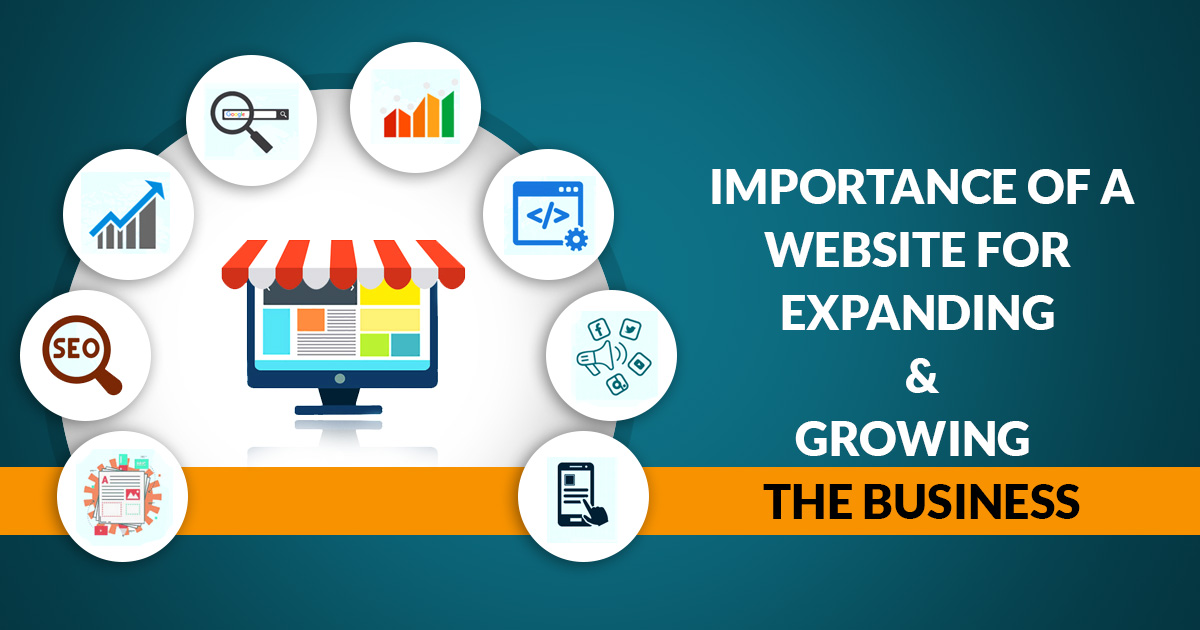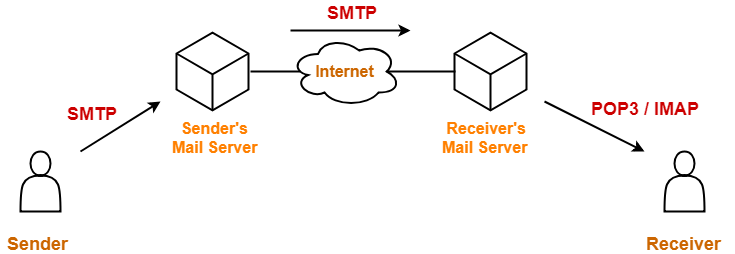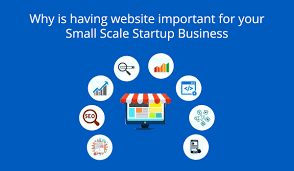
How Does a Good Website Play a Role in Expanding a Business?
In today’s digital age, a business without a strong online presence risks being left behind. Among all digital assets, a website plays the most vital role. It is often the first interaction a potential customer has with a brand, and first impressions matter. A good website goes beyond looking attractive — it works as a digital storefront, marketing tool, and trust-builder all at once. Let’s explore how a well-designed website can expand a business.
1. Builds Credibility and Trust
Consumers today research before making any purchase decision. A professional website creates an immediate sense of credibility. If a business lacks a website or has a poorly designed one, customers may question its legitimacy. On the other hand, a clean, secure, and informative site helps build trust and establishes authority in the industry.
2. Expands Market Reach
Unlike a physical store that is bound by geography, a website is open 24/7 to a global audience. This means even small businesses can attract customers from different cities, countries, or continents. With effective SEO (Search Engine Optimization), businesses can appear in search results and connect with people actively seeking their products or services.
3. Acts as a Marketing Powerhouse
A good website is not just an online brochure — it’s a marketing hub. It integrates with social media, email campaigns, paid advertising, and content marketing. Every visitor driven from ads or social media eventually lands on the website, where the real conversion happens. With blogs, videos, and case studies, a business can showcase expertise and engage customers effectively.
4. Provides Better Customer Experience
Today’s customers expect convenience. A well-structured website offers:
- Easy navigation
- Mobile responsiveness
- Fast loading speed
- Clear product/service details
- Multiple contact options
When customers find answers quickly, they are more likely to convert into buyers. Additionally, features like live chat, FAQs, and customer portals enhance satisfaction and loyalty.
5. Boosts Sales and Revenue
By combining e-commerce features, booking systems, or online payment options, a website becomes more than just informational — it becomes transactional. Businesses can sell directly, upsell, and cross-sell products, ultimately increasing revenue. Even service-based businesses benefit by generating qualified leads through inquiry forms and calls-to-action (CTAs).
6. Provides Data-Driven Insights
Unlike traditional marketing, websites offer measurable results. Tools like Google Analytics track visitor behavior, traffic sources, and conversion rates. This data helps businesses refine strategies, understand customer needs, and make smarter decisions for growth.
7. Enhances Brand Identity
A website is the ultimate reflection of a company’s brand. Through visuals, tone, and content, businesses can express their personality, values, and mission. Consistent branding creates recognition and helps customers connect emotionally with the business, making them more likely to return.
Conclusion
A good website is not just a “nice-to-have” — it’s a business necessity. It builds credibility, expands market reach, strengthens marketing efforts, enhances customer experience, and drives measurable growth. In essence, a well-designed and optimized website is the foundation of digital success.
For businesses aiming to expand, investing in a professional website is not an expense, but a long-term growth strategy.





